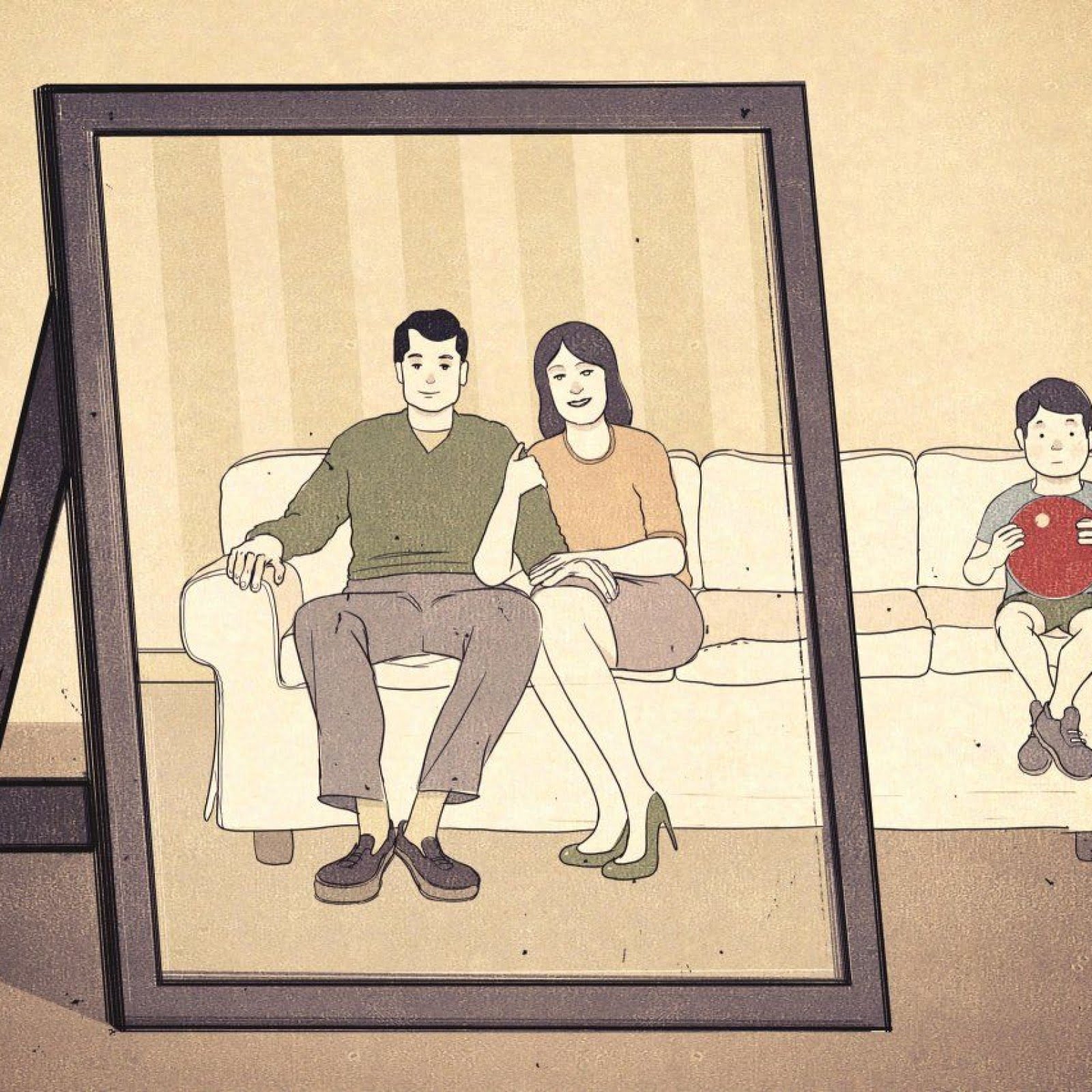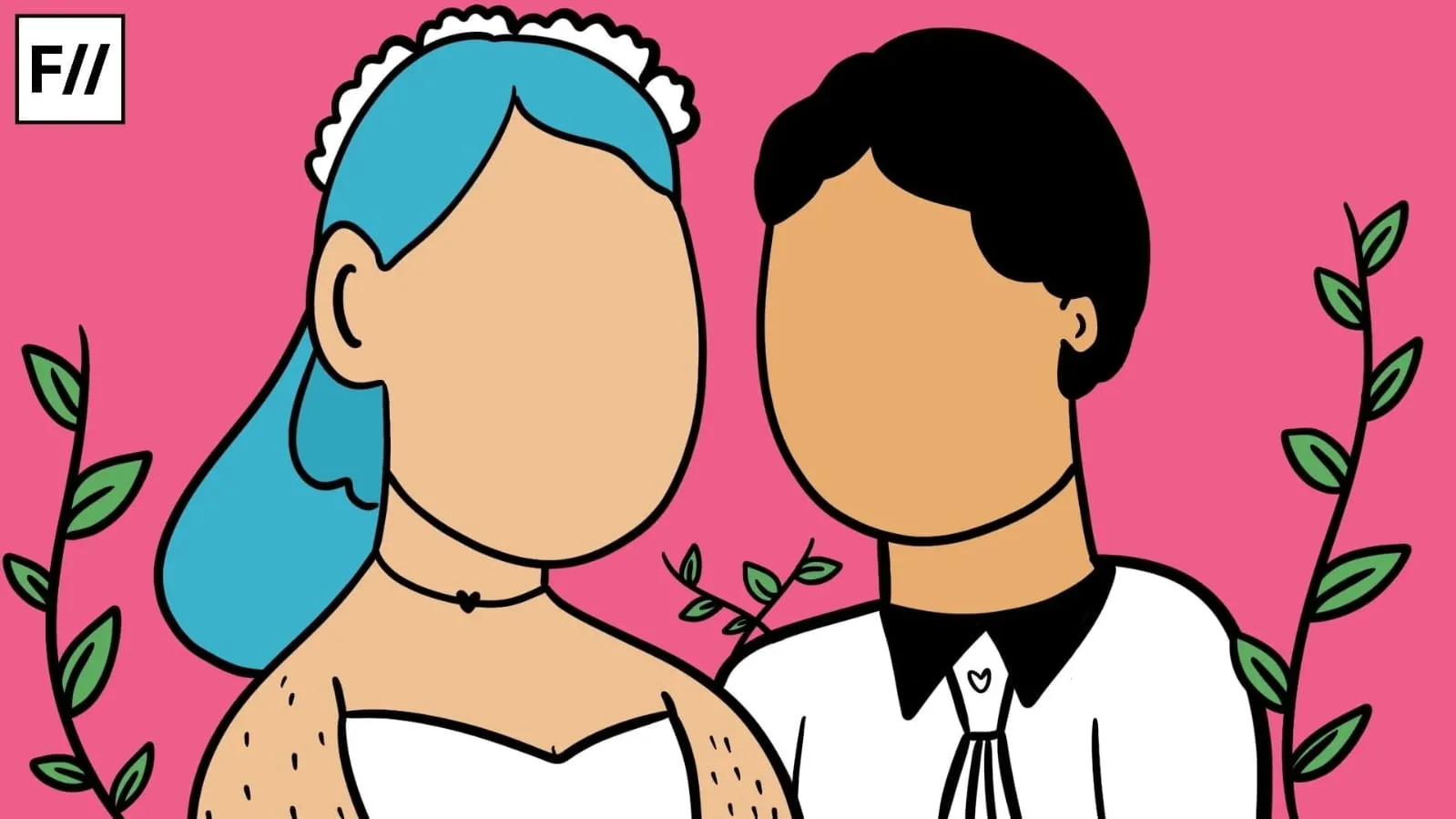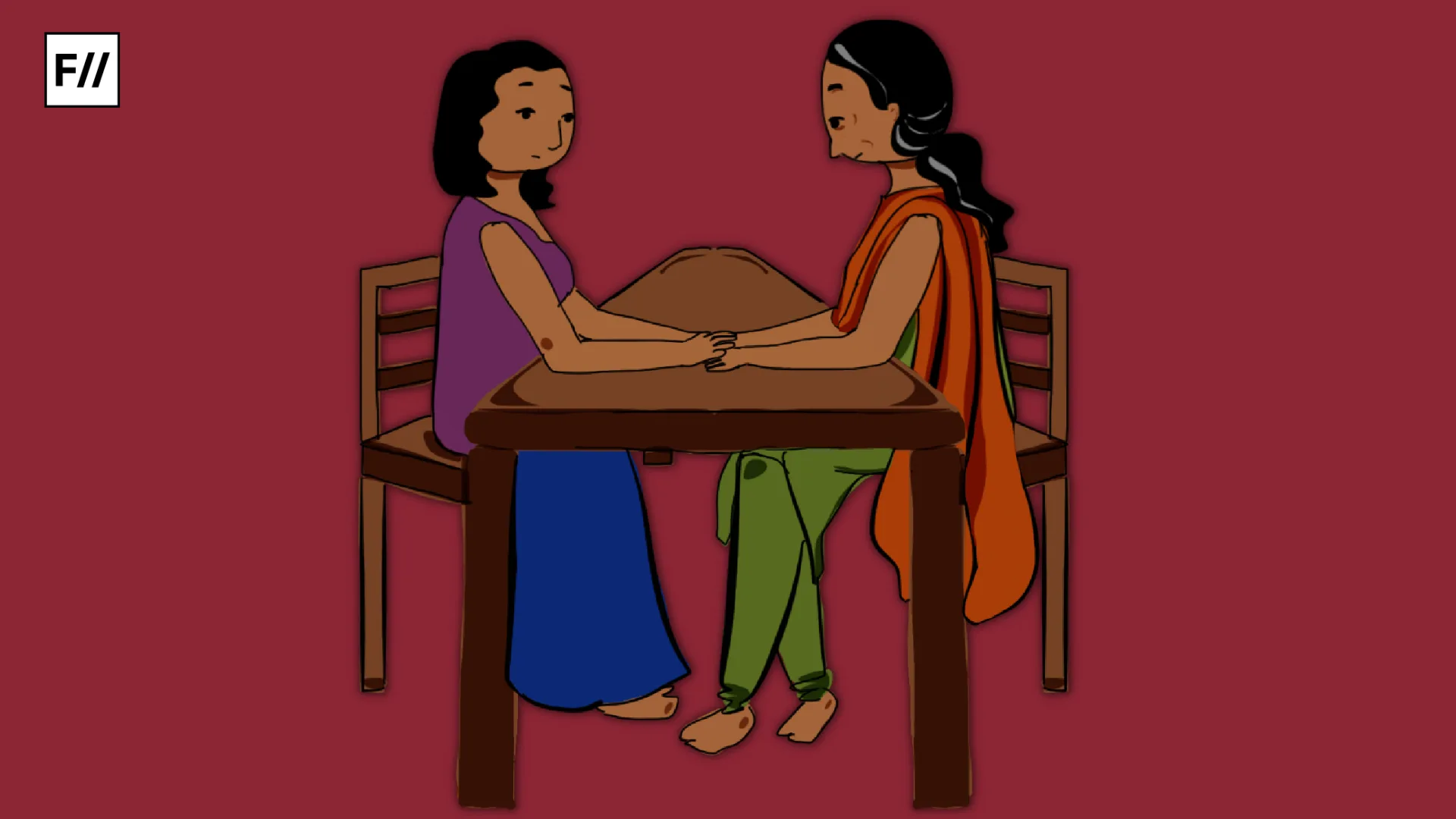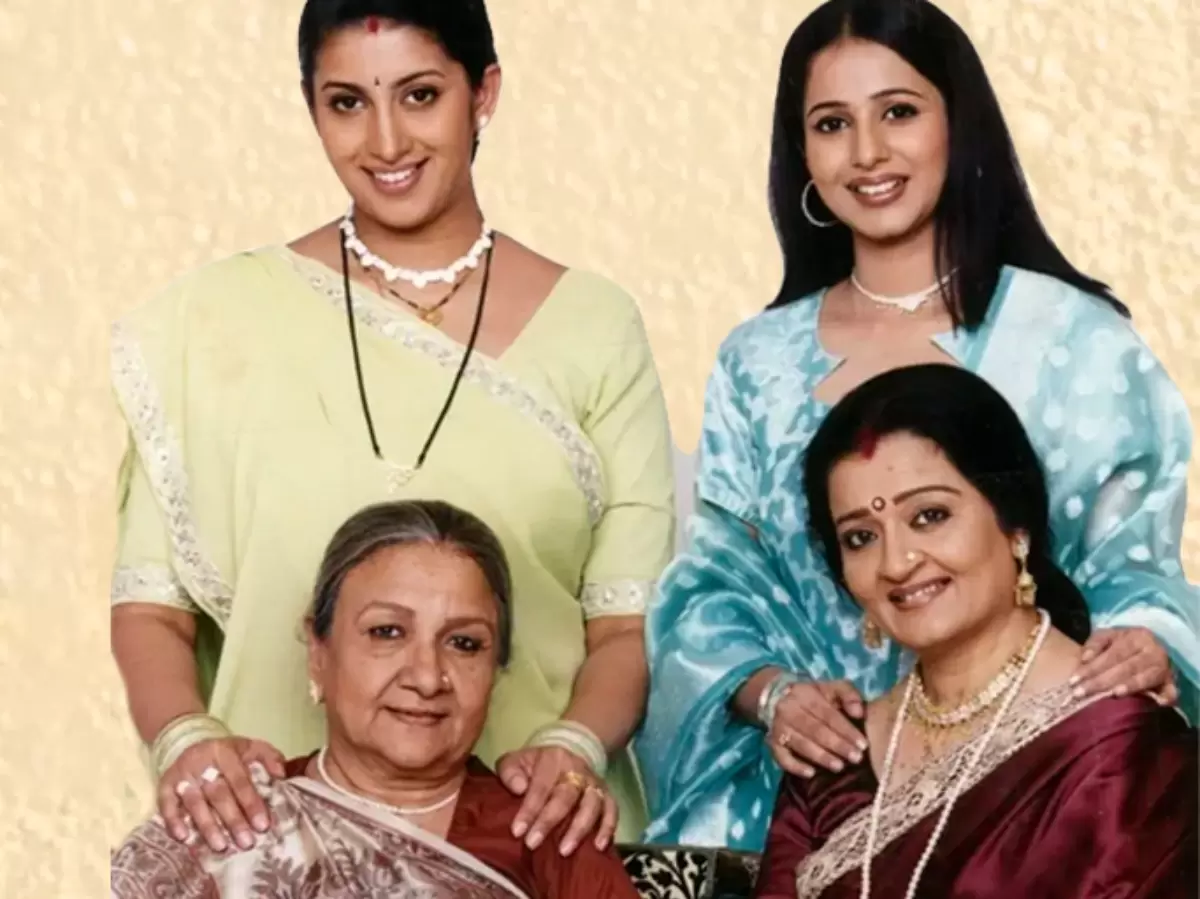I had my only child in the tenth year of my marriage. No, he is not an IVF, IUI or donor baby. Neither is he the proverbial “priceless baby” who chooses to come after years of trials and tribulations. He was naturally conceived and naturally delivered after nine months like scores of other babies across the world. But that’s about the only so-called normal/natural thing there is to my conception and my story of having a baby after nine years of being childless.
The nine years that I chose to stay childless and hadn’t conceived, the situation was perceived as anything but natural nor normal. I’d like to make the disclaimer here that when I say “natural” or “normal”, I am referring to the conventional standards of society. I could sense the curiosity in the air and a suppressed, forbidden excitement with a tinge of pity whenever I stepped into a social space that was inhabited by people other than my partner. And when I’d say that “we” (meaning my partner and I) were childless by choice, the pity would turn into contempt and sometimes metamorphose into horror.
Also read: Book Review – Regretting Motherhood: A Study By Orna Donath
Aspersions would be cast and my candid admission would somehow be dismissed and displaced by a more enlightened look that implied, “Not by choice, just say you can’t have one”, the subtext being “Hello! No one, ABSOLUTELY no one is childless BY CHOICE”.
Of course it was not merely difficult but practically impossible to fathom why a married woman with a steady government job and a support system in place would want to stay childless. Aspersions would be cast and my candid admission would somehow be dismissed and displaced by a more enlightened look that implied, “Not by choice, just say you can’t have one”, the subtext being “Hello! No one, ABSOLUTELY no one is childless BY CHOICE”.
All those nine years I could sense people in the neighbourhood where I live, people whom I work with, people I met once a year during a wedding or some other social occasion stealing sidelong glances at me and trying to make light of the matter as if they owed me an apology and were expressly sent to assuage my supposedly “tormented” soul and my glaring “lack”. It would amuse me to see my mother-in-law doing her best to hide her embarrassment and my mother, her perturbation. I’m sure I was an undesired enigma to them as well, only they didn’t say it in so many words. Senior female colleagues at the workplace would take me aside once in a while, all wise-eyed and concerned, to tell me, “There’s a time for everything” meaning “Hey, wake up! your biological clock is ticking.” The stern ones even went to the extent of telling me that I would remain “incomplete” as a woman if I stayed childless. Honestly they thought I was kidding and was some kind of a shrew dragging my husband in this warped joke, making him do my bidding or hiding my “lack”. Which woman, for god’s sakes wouldn’t want a child after all?
And then one day after nine years when the urge to have a child welled in me like a wave crashing and I sensed there was nothing more I wanted in the world than having a baby, well…that was the day. And then when I did have a child after all those “barren”, “lonely” years, the world around me seemed more relieved than me. Perhaps because it gave them an opportunity to embrace me, to assimilate me, to look me straight in the eye instead of looking sideways and walking past me or giving me a cold shoulder or a sound hearing. Perhaps because it reassured them that the space they cohabited with me was not under some kind of threat, some kind of siege by unknown, alien forces. And mostly because now finally, with my decision to no longer stay childless, I had checked all the boxes. I was predictable…yeyyy. The world around me was jubilant, triumphant, ridden of the anxiety it had suffered because of me. They saw it as their success. I simply saw it as the result of a change of heart in me. All those years I hadn’t felt like having a baby and then one day, I had.
Oh yes! I was perhaps lucky that my wish was granted almost too easily. But on the other hand, if even after suddenly wanting a baby all those years later, if I hadn’t conceived, after a while, I would have gone about my life doing the things I did and living the way I had lived till then and that, mind you, is what unsettles people when I tell them that. Especially now that I was no longer childless, they think I am being ungrateful or just plain supercilious. Somehow not wanting to put a child or children at the very centre of my marriage is unthinkable and taboo.
It makes me think and feel deeply for all those women/couples who either can’t or don’t want to have a child. The constant scrutiny they might be undergoing, the constant targeting they may be subjected to, the constant shrinking of a space where they can process their own needs and desires. In fact what is more worrisome is that it is the “can’t” that is validated and given space and linguistic or cultural sanction. The “don’t” exists outside the pale of language and culture. Motherhood is a powerful construct in any patriarchal society and pivotal to the sacrosanct institution of the family. It is one of the most enduring of all archetypes but the expectation that every woman be cast in the mould of the original is problematic.
Becoming a mother ensures social capital for a woman and that is very important, especially in the absence of financial capital as is the case mostly. As women we internalise this biological essentialism which goes on to become an integral part of our identity, early on in life. It is almost as if being a woman and wanting to be a mother go hand in hand. You are simply expected to have maternal instincts by merely being a woman.
There is nothing wrong in wanting to have a child, in wanting to experience motherhood. What needs to be problematised is the overarching heteropatriarchal narrative that predicates the institution of marriage on the procreation of children – the narrative that implies that marriage is meaningless, irrelevant, futile and incomplete if one was choosing to stay childless. I call it an overarching narrative because it cuts across disciplines – both religion and science entrench it.
I was watching Unorthodox on Netflix in which the protagonist Esther from the conservative community of the Satmar-Jews in New York is sensitised by a professional before her marriage. The counsellor explains how the sole objective of marriage is to beget children and how she should share the bed with her husband to attain this very goal and how he needs to be on “top of her” so that he is the “giver” and she, the “receiver” of the seed. The indoctrination into this belief can happen through a counsellor, a priest, an elderly member or a medical practitioner or it can just be involuntarily absorbed as a result of our continuous exposure to heteronormative families and our desire to emulate the model available. Of course in the context of the protagonist of this particular web-series this rhetoric probably gained ground in the aftermath of the Holocaust; however it has always been the woman who has had to bear the burden of the anxiety of furthering a family/community and ensuring its continuing existence.
Also read: Motherhood Is National Security: A Modest Proposal
If Esther was initiated by a counsellor, a gynaecologist who I went to for something else rang the alarm bell for me. The very idea of “not being able to have a child” because of the fast ticking biological clock and “so many years of marriage” (which came out of the doctor’s mouth) undermined and drowned my “not wanting to have one at the moment” position and the dread of perhaps permanently falling from grace, of having to live with the disgrace and the perceived “lack” especially since we were not officially an “infertile” couple. The long and short of it is that the narrative enjoys institutional ratification of the highest kind.
We speak of people at the margins or somewhere between the centre and the margin – for example, a single cis-het woman who is perhaps relatively less marginalised than a single queer woman. But what about the cis-het married woman/couple who might not want a child? If we can create a space for single/queer, men/women becoming parents, why not a space for married women/cis-het couples who perhaps want to choose to remain childless? Does being childless by choice constitute even a reasonable fragment of the discourse around marriage?
Author Orna Donath makes a case of it in her book Regretting Motherhood where she makes a clear distinction between women who are ambivalent about motherhood and women who are unapologetic in their regret over motherhood but again many of these women who confess to the latter also seem to be aware that their children and in many cases their spouses would never understand and would be horrified and hurt by what they are saying.
Author Orna Donath makes a case of it in her book Regretting Motherhood where she makes a clear distinction between women who are ambivalent about motherhood and women who are unapologetic in their regret over motherhood but again many of these women who confess to the latter also seem to be aware that their children and in many cases their spouses would never understand and would be horrified and hurt by what they are saying. They make it clear that though they absolutely love their children, they regret the parenting responsibility and the role of the primary care-giver they are supposed to play. In normative society, such women are mostly labelled as purely pathological if they want to remain childless by choice. So what in that case prompts people to go to such extraordinary lengths to have a child? As much as it may be prompted by a genuine desire to have a “normal” family and the idea of continuing to exist long after one is gone, through one’s progeny, it can also be a result of not existing lifelong in a state of exclusion. A fear of being at the margin and being too visible.
Mum’s The Word is a column wherein thoughts might manifest themselves in ways that are not exactly palatable for many, might antagonise and unsettle some because of the ways in which the author intends to challenge the conventionally given and seemingly acceptable. The column aims to primarily problematise incumbent institutions like religion, family and marriage and presented them through a feminist lens broadly within the context of motherhood and parenting.
Featured image source: Newsweek
About the author(s)
Dr. Shyaonti Talwar is an academician, researcher and a writer whose areas of interest include popular culture, social inequality, literature, mythology and gender. A poet and a performing artist, she loves creative expressions and feels it is important to voice her critical observations. Writing is therapeutic for her and makes her feel awake and alive. She can be found on LinkedIn and Twitter.





Gone through your writing from the beginning to the end. Wonderfully you’ve analysed n justified your point of view. In our family same thing happened with my cousin sister. Rather say she had also chosen the same path to having her kids. After 9 years of her marriage she became the mother for the first time normally/naturally. She also wanted to establish in her career. N when she felt personally that she needs to be a mother or she wanted a child, only that time she had chosen to be a mother. Not before that.
Same type of experiences she faced. When she was busy in her career her mother/mother-in-law also faced the same situation like your mother/mother-in-law. So, I think it’s not a neoteric phenomena. Everywhere in this society same type of situation happens.
Till today people think that we girls are born to give birth our child/children. Apart than that we don’t have the right to have a different life or lifestyle. Whatever the society will decide for us, we have to obey that. Infact we are bound to do that. If we want to choose a different life, we will be spotted as feminists or something like that.
Your writing will definitely encourage so many girls/ladies to choose a different life. Rather say, it will encourage them to do much more constructive than giving birth a child.
Express a thought wonderfully madam.This may be a inner voice of many women ,who want to be a childless after her marrige for some year , to achieve something in her life.